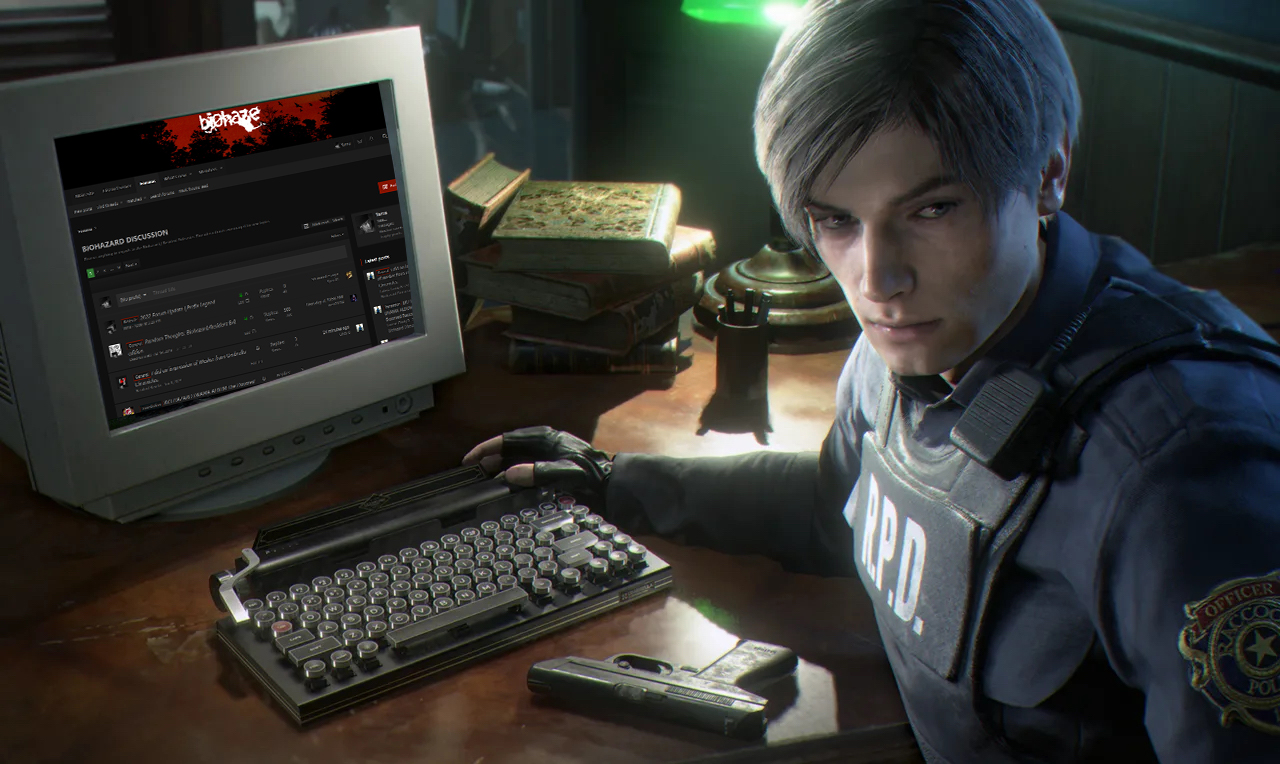One thing I'll probably always love about RE7 is how mature this game feels when compared to other titles, including Village. This applies both to horror themes and to the presentation of the plot.
If we take as a comparison the other most horror-focused game of the series, that is, the first game, we will see skulls on shelves and humanoid lizards. Of course, it's scary, but it's a more "fabulous" type of horror. This is usually not something that any of us have a chance to encounter in real life, so the game feels very grotesque and surreal, despite the developers' intention to make a realistic horror game.
Resident Evil 7, on the contrary, gave me strong associations with this human horror, which I do not stop hearing about to this day. When, for example, I saw provocative photos with Jack and Mia without pants, after which she, passing by the surgical table with bloody instruments, clutched her head, as if fragmentary memories hurt her, my imagination drew terrible pictures that could happen here. When I saw the collected photos of the victims and read the newspapers about missing people, which the Bakers also kept intentionally to observe the investigation, it reminded me of many cases of serial killers from real life.
And the game goes even further than such associations: it tells us a story that happened by mistake and does not give us any moral guidelines.
Ethan is a simple guy, whom the game does not try to portray as a hero. On the contrary, he even swears a lot. Mia is not an archetypal femme fatale, but a humanized character associated with the bioweapon industry. The game does not tell us how we should treat her. The Bakers are an ordinary family and, although they seem to be an exemplary family, they, like many families in general, have their own bad habits and even skeletons in the closet. Even Eveline, being the antagonist, is not a villainous villain, but just an artificial life form without control, who is confused in her feelings and does not understand what she is doing wrong, because she is socialized as a weapon. And this weapon were intended, among other things, for national organizations. In other words, it is not a tool for capturing the world or something like that, but a weapon to minimize military costs.
This whole situation happened not because some villain wants to take over the world or has a brilliant plan, but because of the miscalculation of the international alliance and the incompetence of the agents. These agents also didn't want to hurt anyone, so Mia tried to warn the Bakers. The whole story is just a pure tragedy.
Each player may have a different attitude to people and events, but the game does not give us moral guidelines to say who we should love and who we should hate. It's just a struggle for survival in the current situation. You may feel sorry for Eveline, but killing her is what you have to do to survive. This is as realistic and cynical as possible in the series.
And another realistic and cynical aspect in this game is also uncompromising science. To see how years of life and upbringing are worthless, because the fungus simply distorts your character and changes your diet to feed yourself, it's terrible. No one deserves this, but our nature does not choose sides and does not do justice.
And I also like how the concepts behind the mold go hand in hand with scientific discoveries and real military developments:
Trees appear to communicate and cooperate through subterranean networks of fungi. What are they sharing with one another?

www.nytimes.com
Soldiers able to communicate silently could change the face of operations on the ground.

www.zdnet.com
But most of all, I like the way developers, having such topics and ideas, do not violate the limits of what is allowed. It's always very easy to tell a dirty story about how terrible this world is. It's always easy to say something about corruption and rape. But self-censorship and understanding how to use these elements will already be much harder. And I'm glad that the developers understood this.






